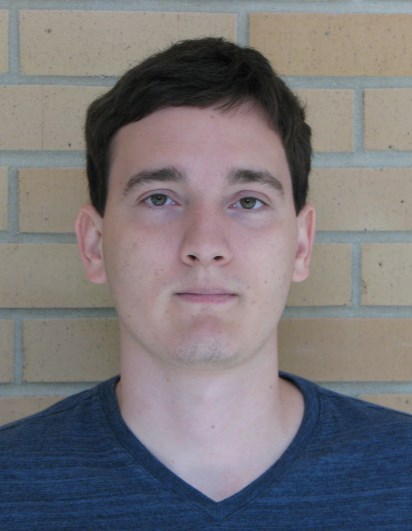Medical Physics Seminar – Monday, February 8, 2016
Predicting Primary Outcomes of Brain Tumor Patients with Standard Clinical Protocol MRI Data

Syvat Vergun (student of Dr. Vivek Prabhakaran)
Research Assistant, Dept of Medical Physics, UW-School of Medicine & Public Health, Madison, WI - USA
Advanced neuroimaging measures along with clinical variables acquired during standard imaging protocols provide a rich source of information for brain tumor patient treatment and management. Machine learning analysis has had much recent success in neuroimaging applications for normal and patient populations and has potential specifically for brain tumor patient outcome prediction.
The purpose of this work was to construct, using the current patient population distribution, a high accuracy predictor for brain tumor patient outcomes of mortality, language and motor transient and persistent deficits. The clinical value offered is a statistical tool to help guide treatment and planning as well as an investigation of the influential factors of the disease process.
Resting state fMRI, diffusion tensor imaging, and task fMRI data in combination with clinical and demographic variables were used to represent the tumor patient population in a machine learning analysis.
A support vector machine classifier with recursive feature elimination predicted patient mortality (18 month interval) with 90% accuracy, language deficits with 87%, motor deficits with 73%, language outcomes with 90% and motor outcomes with 89%. The most influential features of the predictors were resting fMRI connectivity, and fractional anisotropy and mean diffusivity measures in the cerebellum, brain stem and longitudinal fasciculi. This study showed that advanced neuroimaging data with machine learning methods can successfully predict patient outcomes and reveal influential factors driving the predictions.